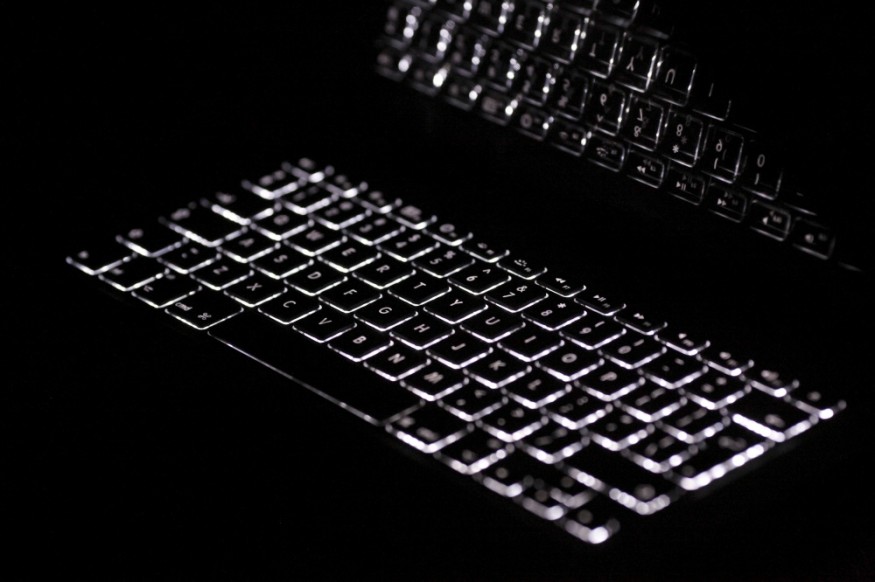Citizens Resort to Cybercrime in Venezuela as Economy Plummets

Incidents of cybercrime in Venezuela have increased as hackers are now taking advantage of the country's ongoing economic and political crisis. More and more citizens have taken the bait of cryptocurrency, a widely-accepted substitute to the country's own currency, Venezuelan Bolivar, since the former has proven to survive the burgeoning inflation.
In a report by NBC News, IntSights, a global technology solutions provider, found out that cybercriminals who are based in Venezuela and the neighboring Colombia, where many Venezuelans have sought refuge, are currently in the works of stealing personal data from people in Latin America working in companies, such as financial institutions and retail industries. Among the activities conducted by these hackers are the extensive email phishing efforts and malware campaigns. The stolen information are then collected and sold by the perpetrators on various public websites and on the dark web in exchange of cryptocurrency.
According to InSights analyst Charity Wright, the hackers are not afraid of being exposed because unlike those who are based in countries such as Russia, China and Vietnam who lurk behind the shadows and go under aliases, Venezuelan hackers' locations are surprisingly easy to locate and their contact information is out in the open. She also said IntSights found that many of these Venezuelan cybercriminals even use their own photos on social media and accurate descriptions of where they live, making it easy to find out who they are.
The hackers "don't seem too concerned about hiding," She added, this is because the hackers think the authorities will not come after them.
InSights' report further stated complaints filed by victims don't receive much attention from the government due to the ongoing economic and political turmoil in the country.
Cybercrime in Venezuela is also attributed to the censorship implemented by the government which led Venezuelans to rely heavily on social media apps such as Instagram, Snapchat, Facebook and Twitter, as well as WhatsApp for information. This censorship makes it easier for hackers to access the victim's personal information.
The government has blocked news websites such as CNN and El Nacional, and even the Zello walkie-talkie app, which widely-used by Venezuelans whenever they conduct protests. People have resorted to using virtual private networks (VPNs), which bypass the censored websites, and the Tor browser, which anonymizes the users web traffic and helps protect one's identity online. However, these, too, have been blocked by CANTV, the county's state-owned internet provider.
Venezuela was once among the economy giants in Latin America, having the largest oil reserves in the world and huge gold deposits. But throughout the years, socialist government leaders have been taken over by greed and committed corrupt practices which ultimately ruined its economy. In 2018, protests against the administration of President Nicolás Maduro have become more and more fatal after the government ordered a crackdown. The country has also widely-experienced power blackouts.
According to the International Monetary Fund, inflation of the Venezuelan bolivar, is expected to reach 200,000 percent this year. In a Bloomberg report, over the year, the price for a cup of coffee served in a bakery in eastern Caracas has skyrocketed to 18,000.00 bolivars from only 150.00 bolivars.
Subscribe to Latin Post!
Sign up for our free newsletter for the Latest coverage!
© 2026 Latin Post. All rights reserved. Do not reproduce without permission.















